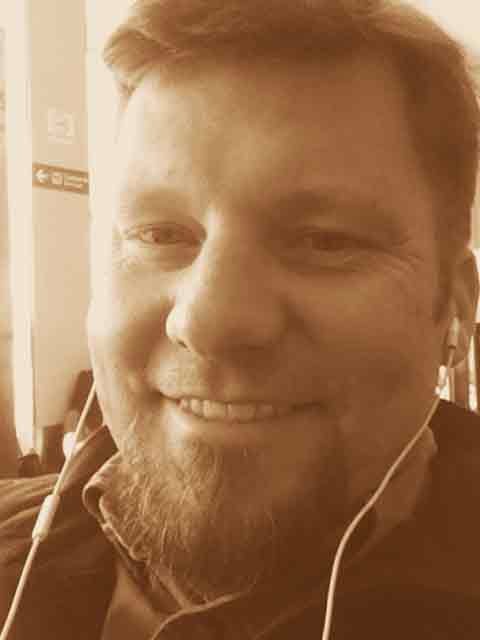
I found this quote today in my email inbox:
A [person] will be imprisoned in a room with a door that’s unlocked and opens inwards; as long as it does not occur to [that person] to pull rather than push.
-Ludwig Wittgenstein
I had to look up Ludwig Wittgenstein. He was an early 20th century Austrian-British philosopher. He suffered severe personal depression after World War I, giving away all his money to his brothers and sisters. Three of his brothers subsequently committed suicide. He only published one book, though his many manuscripts were published after his death. A tragic story of untapped wisdom.
However, Wittgenstein’s quote got me thinking about what it means to be a Christian engaged in the world. Despite his tragic life, Wittgenstein offers us a message of hope. Though Jesus’ story is full of tragedy as well, he continued to preach and teach nonviolent hope to a people who suffered enormous oppression from occupying force and their own religious leaders who cooperated in the system of oppression. Jesus was very much in the world and engaged with it as he sought to help the people, Jew and non-Jew alike, to recognize their God-given identity and exercise the freedom God’s love offers, even in a world filled with suffering and fear.
Too often in our history, though, we Christians have worked hard to push on that door that opens inward, sometimes breaking it off its hinges. In so doing, we lost sight of our calling as people of a peaceful and loving God; a God who has shared time and again a vision of harmony and hope with the world. No wonder people reject our message even when we do get it right!
I do not know the context of Wittgenstein’s quote, but it made me think about the difference between “pushing� an agenda and trying to “pull/invite� people into relationship. That is the example we’re given in Jesus the Christ. He spent most of his ministry pulling/inviting people into a certain way of life in which we might discover the freedom God is offering us even in the most dire of circumstances.
The room we’re in is often a silo of our own making. We try to listen beyond the walls, but we fear what might be on the other side. So, we either try to push the door down, or push to keep it closed. What might it look like for us to simply pull, invite, and welcome the opportunity to build relationships beyond our silos/prisons of fear and ignorance? I think the world would be a much better place.








